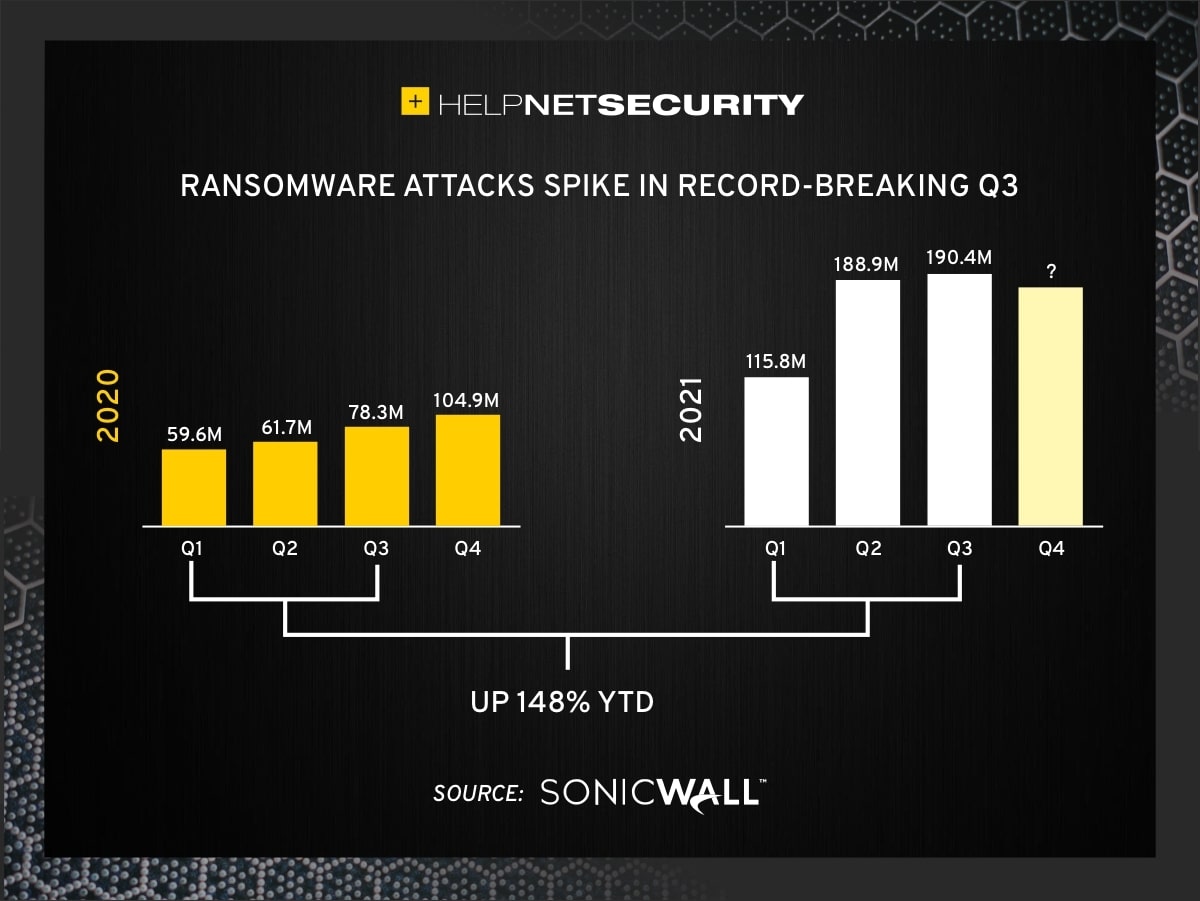Perplexity AI Faces Scrutiny: Accused of Scraping Blocked Websites

Perplexity AI Faces Scrutiny: Accused of Scraping Blocked Websites
The world of AI is constantly evolving, and with it, new challenges and controversies arise. One of the latest involves Perplexity AI, a company known for its conversational AI search engine, which is now facing accusations of scraping websites that explicitly block AI crawlers. This has sparked a debate about ethical AI practices and the respect of website owners' preferences.

Cloudflare is luring web-scraping bots into an 'AI Labyrinth'
Cloudflare's Accusations
Cloudflare, a major player in web security and infrastructure, has publicly accused Perplexity AI of using "stealth crawlers" to bypass website rules and scrape content. According to Cloudflare, Perplexity AI ignored technical blocks implemented by website owners to prevent AI scraping. This means that even if a website's robots.txt file or other measures explicitly disallowed Perplexity AI from accessing its content, the AI company allegedly circumvented these restrictions.
Cloudflare claims that Perplexity AI obscured its identity while scraping web pages, making it difficult for website owners to identify and block the activity. This raises serious concerns about transparency and respect for website owners' rights to control their content.
Previous Incidents and Concerns
This isn't the first time Perplexity AI has faced such accusations. In June 2024, developer Robb Knight documented how Perplexity AI scraped his websites, Radweb and MacStories, despite him implementing measures to prevent it. This earlier incident adds weight to Cloudflare's recent claims and suggests a pattern of behavior.
The core issue revolves around the balance between AI companies' need for data to train their models and website owners' right to protect their content. Scraping content without permission can lead to various problems, including:
- Copyright infringement
- Reduced website performance due to excessive crawling
- Loss of control over how content is used and distributed
The Implications for AI and the Web
The accusations against Perplexity AI highlight the growing tension between AI companies and content creators. As AI models become more sophisticated and require vast amounts of data, the temptation to scrape websites without permission may increase. However, this approach can have serious consequences for the web ecosystem.
If AI companies routinely ignore website owners' restrictions, it could lead to a decline in the quality and availability of online content. Website owners may be less willing to invest in creating content if they fear it will be scraped and used without their consent. This could stifle innovation and creativity on the web.
Key Takeaways
- Perplexity AI is accused of scraping websites that explicitly blocked AI crawlers.
- Cloudflare claims Perplexity AI used "stealth crawlers" to bypass website rules.
- This isn't the first time Perplexity AI has faced such accusations.
- The issue raises concerns about ethical AI practices and respect for website owners' rights.





